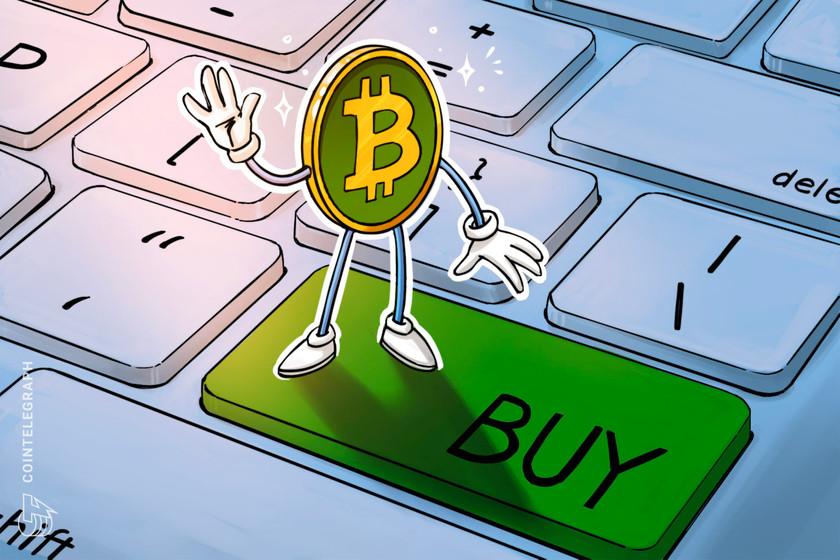BlockFi to provide over $100K in refunds to California clients


At least 111 BlockFi borrowers had continued repaying loans between Nov. 11 and Nov. 22, even though they didn’t need to, according to court documents.
Bankrupt crypto lender BlockFi has agreed to refund more than $100,000 to California customers that had continued to repay loans even after a trading halt on Nov. 10 last year.
In a March 27 statement, California’s Department of Financial Protection and Innovation said that its investigation had discovered that at least 111 borrowers in California made roughly $103,471 in loan repayments between Nov. 11 and Nov. 22.
The financial watchdog claimed that BlockFi failed to “provide timely notification to borrowers that they could stop repaying their BlockFi loans.”
Californian @BlockFi users: BlockFi to refund over $100k after failing to notify borrowers about halting repayments post-FTX crash. The motion was filed, with a hearing set for April 19, 2023. Updates to follow. More info: https://t.co/bJkiyfgA1b #FTX #BlockFi #CryptoRefund pic.twitter.com/u0QpwY6oou
— CA Department of Financial Protection & Innovation (@CaliforniaDFPI) March 27, 2023
The DFPI claims that borrowers were not notified until Nov. 22 that they could stop repaying their BlockFi Loans “until further notice.”
According to documents, BlockFi requested permission from the bankruptcy court to return these payments to the borrowers in a motion filed with the court on Feb. 24.
The refunds will be able to go ahead if the motion is approved, with a hearing scheduled for April 19.
Meanwhile, the DFPI said BlockFi has agreed to an ”interim suspension” of its California Financing Law (CFL) license while “the bankruptcy and revocation actions are pending.”
“If this motion is granted BlockFi agrees to direct the Servicer to timely return borrowers’ payments, including interest and late fees and all funds paid following the November 10th platform pause,” according to the DFPI documents.
Unless otherwise ruled by the bankruptcy court, the regulator said BlockFi’s agreement to the interim suspension means it will continue to direct its agents to pause the collection of repayments for California customers on loans, interest payments and “not charge, levy, or assess any late fees associated with any payments, including at maturity.”
BlockFi has also agreed to continue not reporting to credit agencies that loans from California residents have become delinquent or defaulted on or after Nov. 11, and will not take “any action that may harm California residents’ credit scores on such loans.”
Related: BlockFi in no immediate danger, despite Silicon Valley Bank exposure: Report
According to the DFPI, Commissioner Clothilde V. Hewlett suspended BlockFi’s lending license for 30 days on Nov. 11 and moved to revoke BlockFi’s CFL license on Dec. 15,.
BlockFi halted client withdrawals and requested clients not to deposit to BlockFi wallets or Interest Accounts on Nov. 10, citing a lack of clarity around the collapse of FTX.
Today, BlockFi filed voluntary cases under Chapter 11 of the U.S. Bankruptcy Code.https://t.co/adaAx6me4r
— BlockFi (@BlockFi) November 28, 2022
By Nov. 28, BlockFi filed for Chapter 11 bankruptcy for the company and its eight subsidiaries. BlockFi International filed for bankruptcy with the Supreme Court of Bermuda on the same day.



